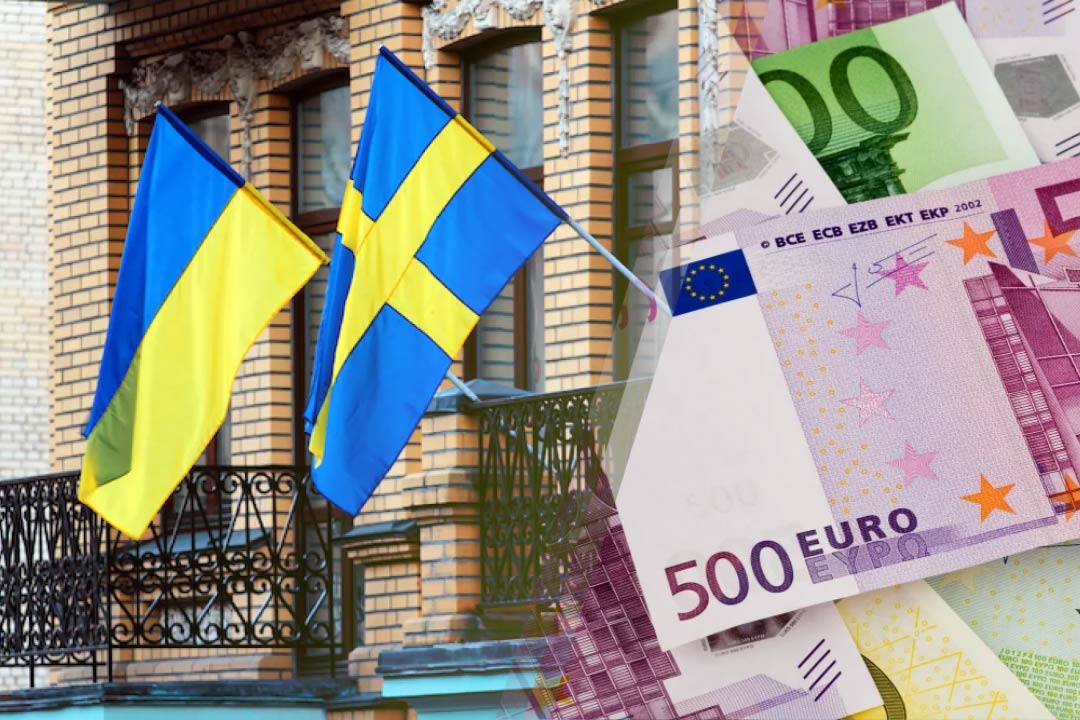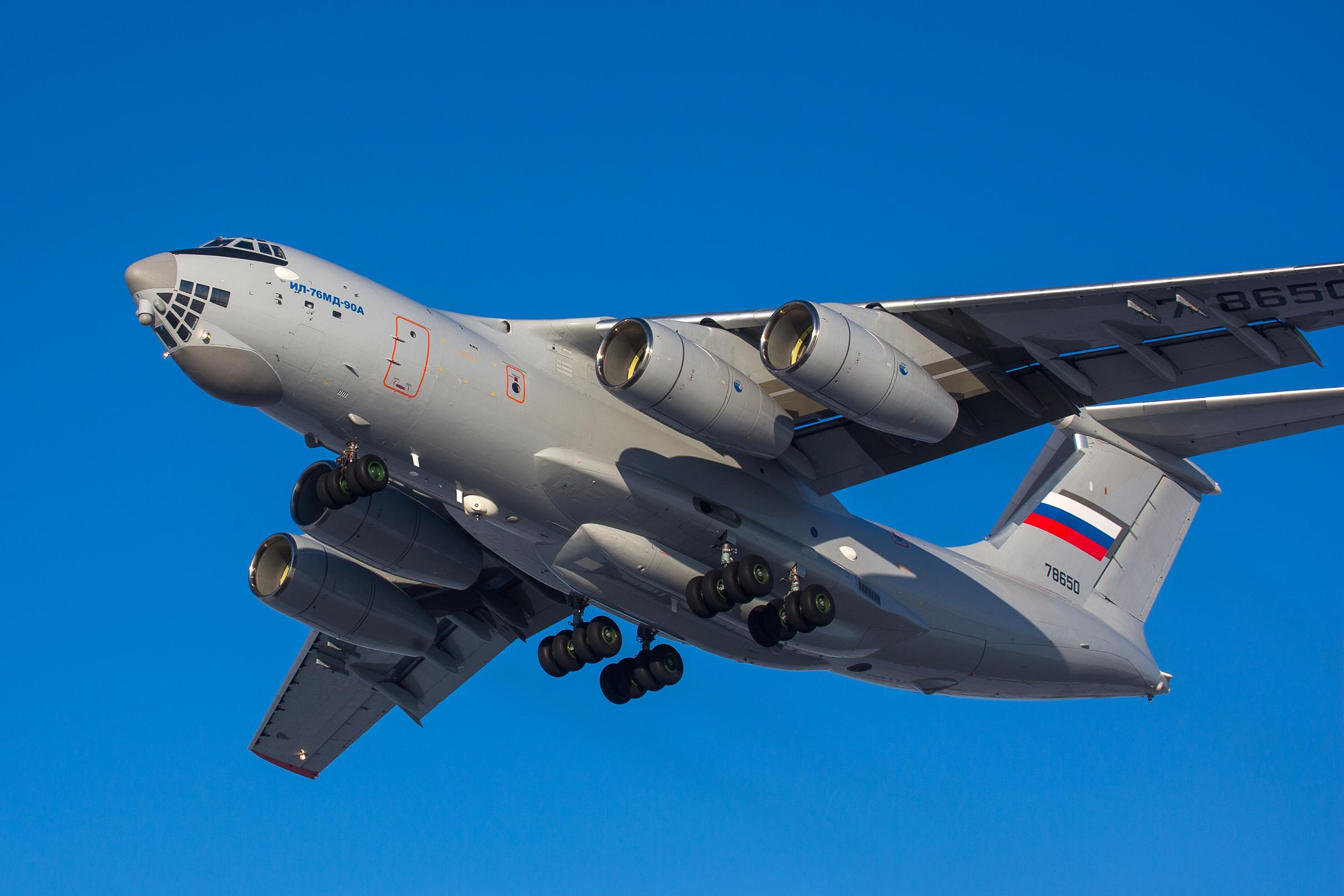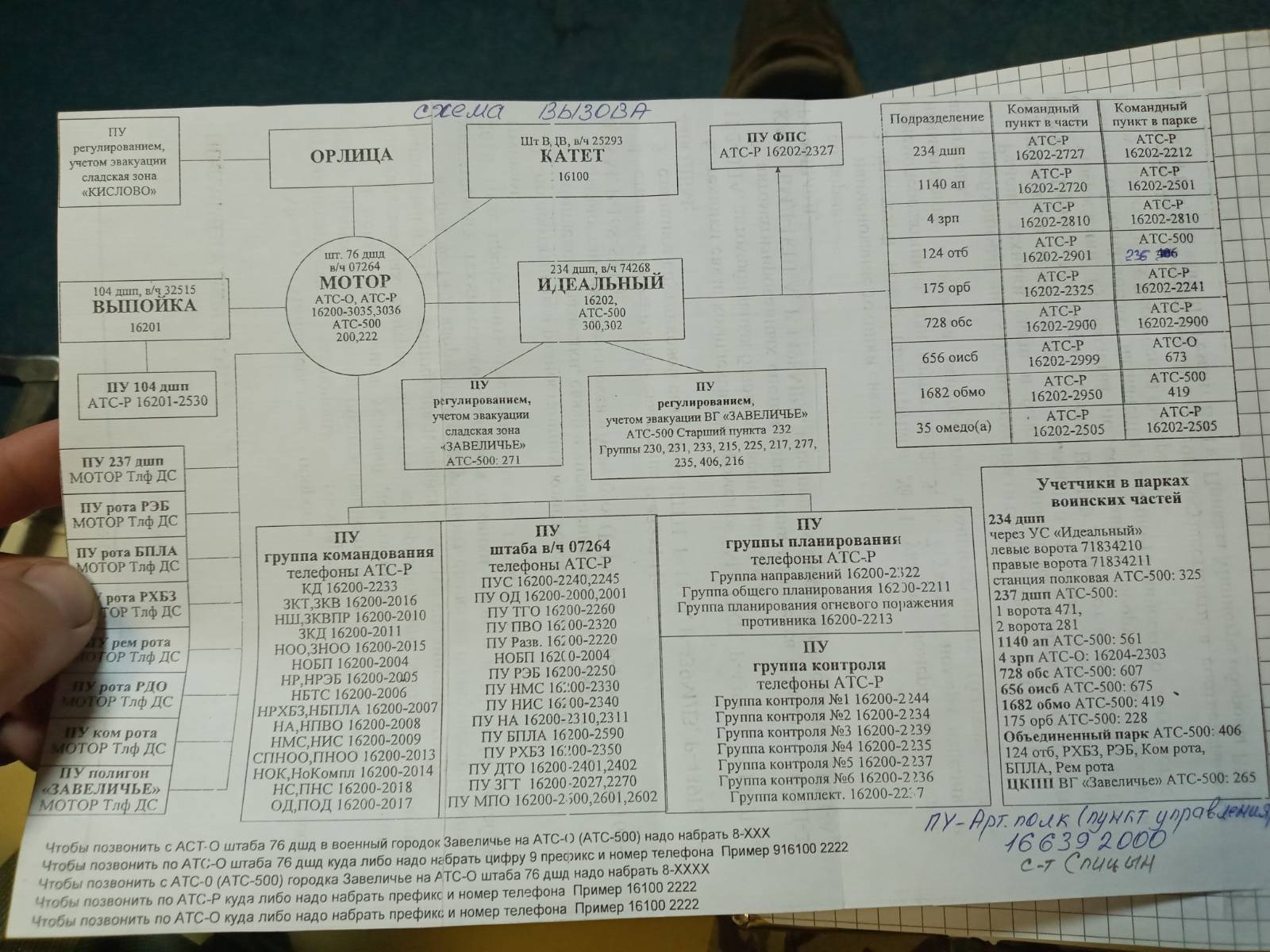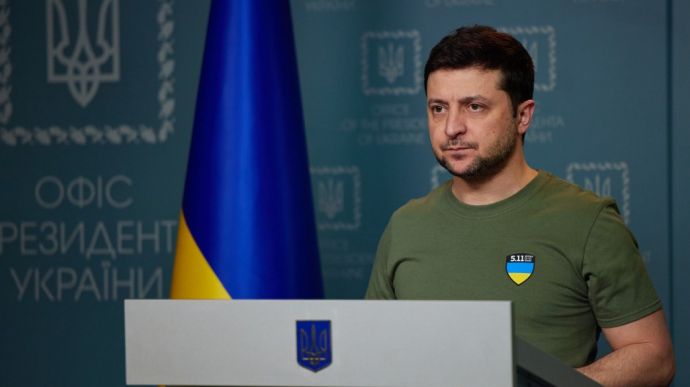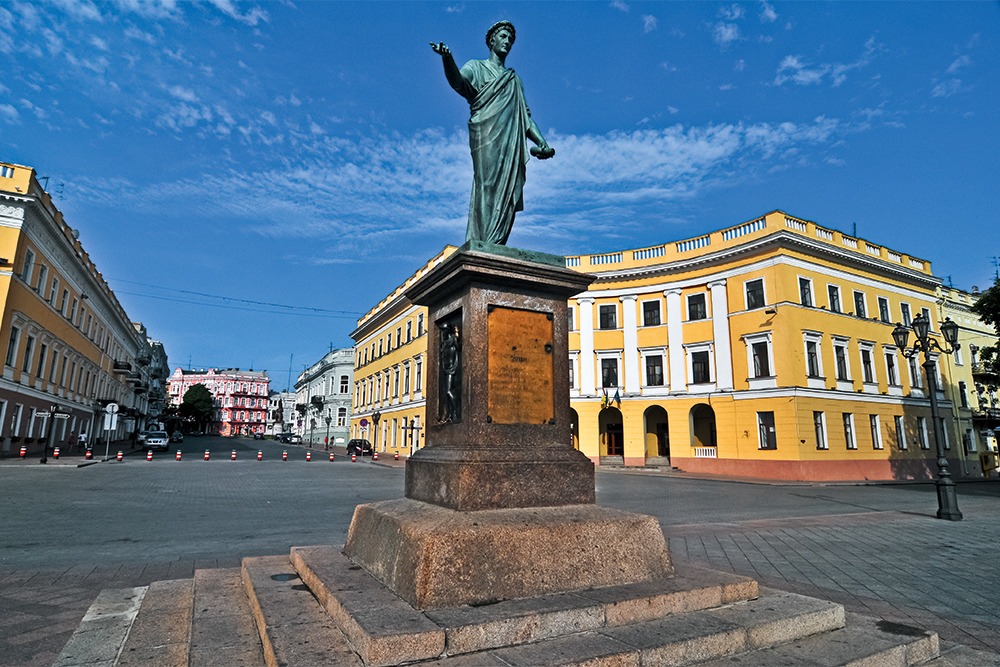The Swedish government will review the structure of economic aid provided to other countries, which will free up an additional 1.67 billion Swedish kronor (about €150 million) for aid to Ukraine and other humanitarian measures. This is stated in a statement by the Swedish government.
As noted by the Swedish government, the changes currently being made to the aid budget are considered necessary in view of the changing situation in the world.
“We live in a turbulent world where there are many crises. In many places, including Ukraine, Sudan, Gaza, and Yemen, human suffering is enormous. The situation in many countries has worsened further due to the US decision to suspend part of its aid. Therefore, Sweden has decided to conduct a comprehensive review of its aid budget priorities for 2025,” said Minister for Foreign Trade and International Cooperation Benjamin Dousa.
According to him, an additional 1.67 billion Swedish kronor will be allocated to support Ukraine and to save lives around the world.
“Sweden cannot compensate for the reduction in US aid, but we must do everything in our power to support Ukraine and save lives,” the minister said.
The review of priorities will affect all geographical expenditure items except Ukraine and neighboring regions.
“An important reason for the release of funds is the need for further support for Ukraine. Support for Ukraine and neighboring regions is vital for Europe,” Dusa stressed.
He added that Ukraine is a key priority for Sweden.
“To counter Russia, which does not shy away from shelling playgrounds, hospitals, schools, and homes, greater support is needed. Ukraine is fighting not only for its freedom but also for the freedom of Europe,” Dousa concluded.
In early June, Sweden announced that it would allocate €50 million to NATO’s NSATU (NATO Security Assistance and Training for Ukraine) and NATO CAP (Comprehensive Assistance Package) projects for Ukraine, which are responsible for training Ukrainian military personnel and supporting Ukraine.
In addition, Sweden joined the “electronic warfare coalition” and, at Germany’s invitation, became its co-chair.
